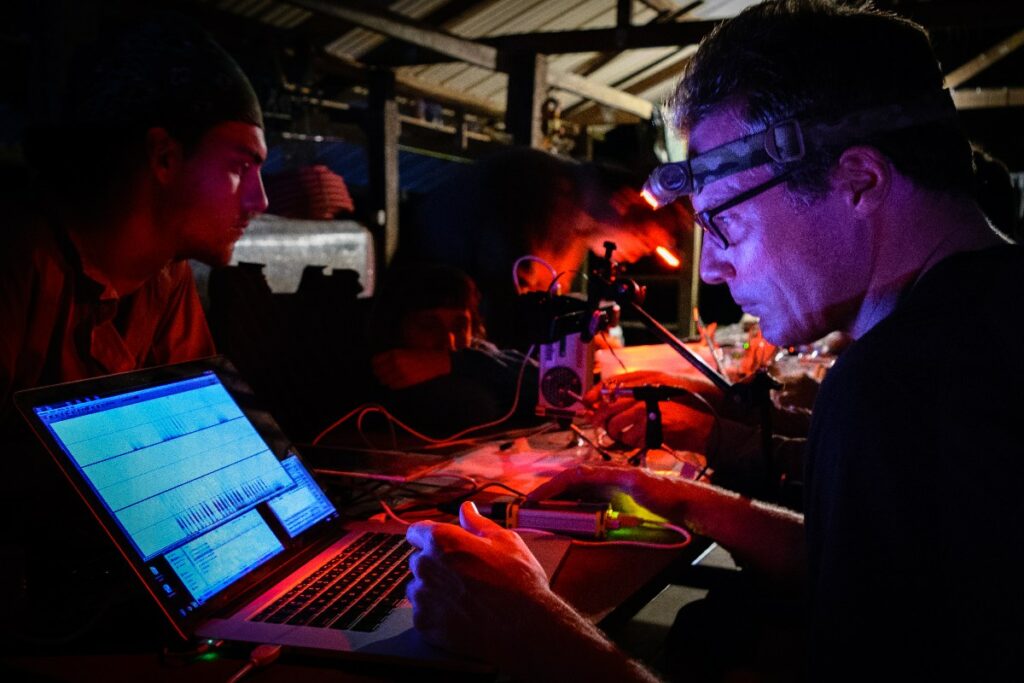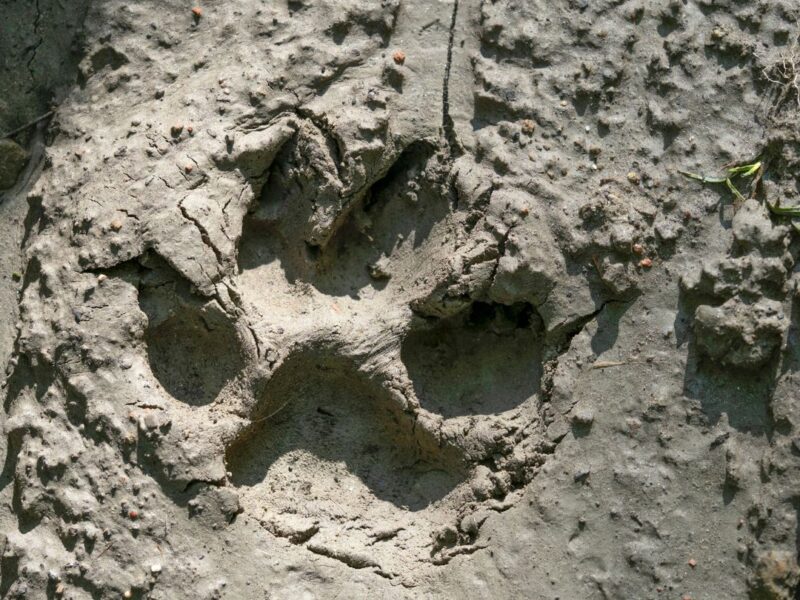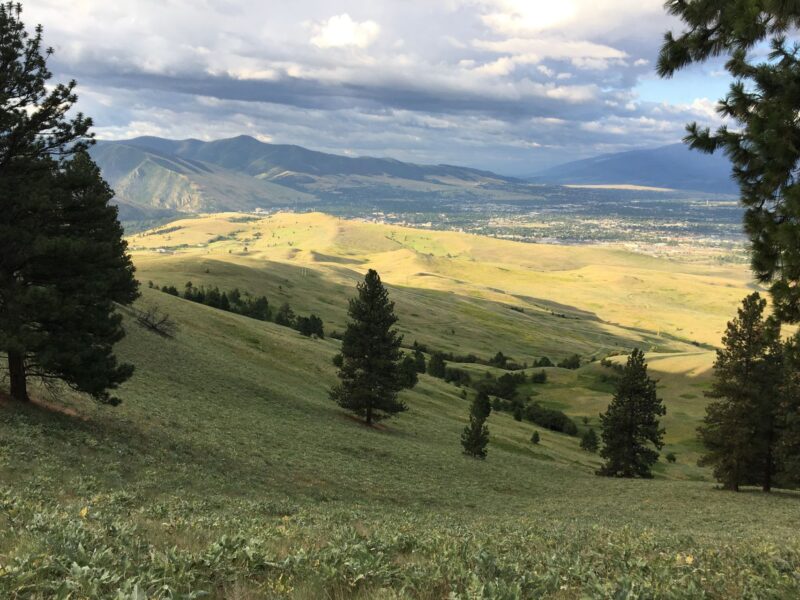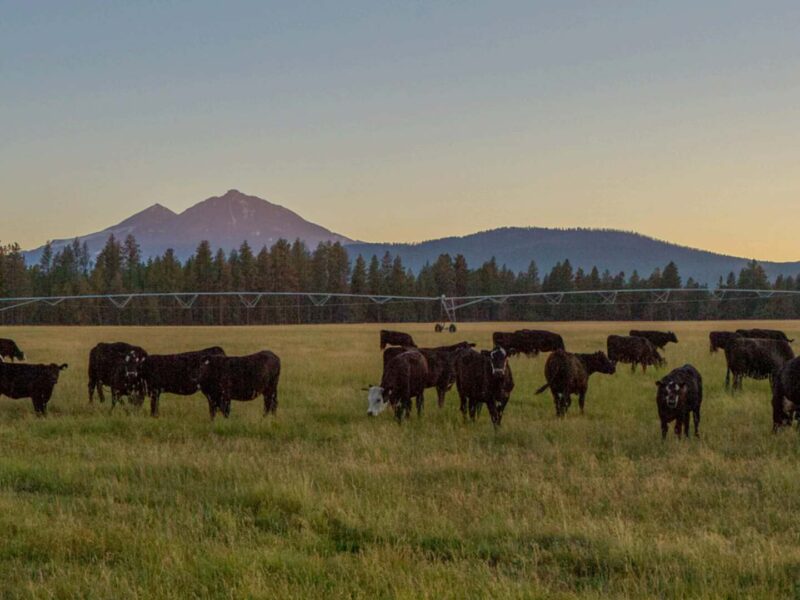Conserving Soundscapes with Sensory Ecologist Jesse Barber
How does human-related sound impact wildlife around us? From trails to roads to cities, this question propels Dr. Jesse Barber, a leader in the emerging field of sensory ecology.
Barber is a professor of biological sciences at Boise State University. He was recently appointed as the chief conservation curator and chief conservation scientist at the American Museum of Natural History in New York.
In today’s episode, Barber joins Lesli Allison, CEO of Western Landowners Alliance, for a fascinating conversation about the field of sensory ecology, the role of private lands in sustaining a teaming realm of life largely invisible to humans, and its implications for land management and public policy.
Listen
Links from this episode
Here are few peer-reviewed studied co-authored by Dr. Jesse Barber.
Why Conservation Biology can benefit from Sensory Ecology

Dr. Jesse Barber collects recordings of moth sounds in French Guiana, northeastern South America. The jungles of the region are some of the most sparsely populated places on Earth, and so are excellent locations to study animal sensory worlds minimally impacted by humans.
Credits
Thanks to Jesse Barber for joining us. Thanks to Lesli Allison for hosting this episode, which was produced by Zach Altman. The On Land podcast is a production of Western Landowners Alliance.




